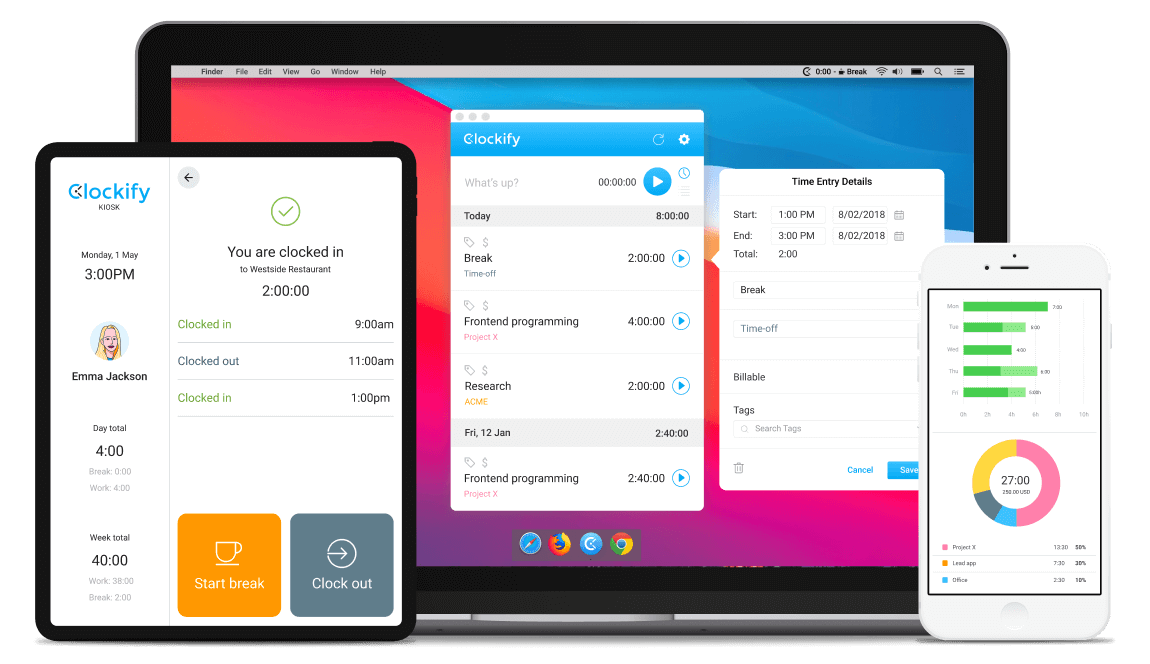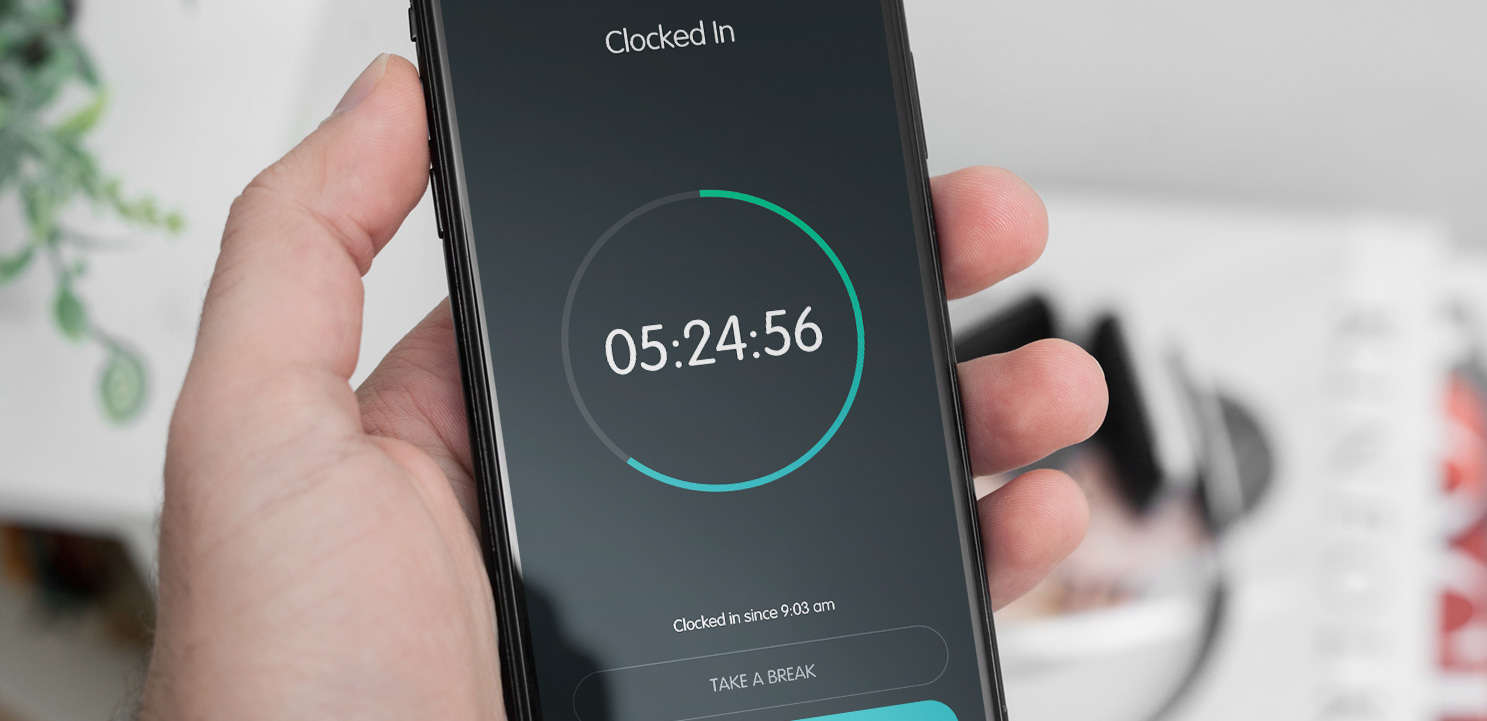

For example, in the Toggl Track Chrome extension, you can automatically start and stop tracking time based on whether the browser is open or not. Toggl Track has some of the most detailed options I've seen in a time tracking app. Because you always see the Toggl Track button while you're working, you have a continual reminder to track your time. With Toggl Track, you can track your time right away, view your tracked time entries in a grid or calendar format, and worry about the details later.Īdditionally, when you use Toggl Track through the Chrome or Firefox browser extension, a Toggl timer button shows up in just about every web app you could imagine, from Google Docs and other Google apps to Help Scout. If you don't, you have to set your task aside for the time being and enter them. With many time tracking apps, you have to have a client, project, and task entered into your account before the app will let you track time. Toggl Track works so effortlessly primarily because it doesn't ask much of you when you start timing a task. The time tracking tool has a generous free tier of service that gives you access to all its apps (Android, iOS, Windows, macOS, Linux, Web, and browser extensions) and includes all the core functionality you'd expect in a time tracking app. If you need a time tracking app but can't pay for one, you should use Toggl Track. While time-tracking clocks can be very helpful inside these tools, we assume if that's what you need, you're likely shopping for a more robust solution. Employee monitoring tools are better suited for large organizations that need to keep a close eye on when employees clock in and out and whether they're working when they say they are.Īdditionally, we don't include project management, invoicing, or accounting apps that come with an add-on or built-in time tracker.

We don't consider employee monitoring software, which often includes some type of time tracking. Here, we focus specifically on time tracking apps for individuals and small teams. All these apps let you either automatically create invoices from the time tracking data stored in the app or export that information into PDFs, CSVs, or Google Sheets to share with the right people. Once you aggregate all your time spent on your work, you have to be able to take action on it. The ability to create an invoice or export data. The most powerful time tracking apps offer dashboards and reports that let you break out daily, weekly, or monthly time spent per project, per person, or per client. For example, if your phone rings and you jump into a 20-minute consulting call, you might not start a timer, but you do want to log and bill for those hours worked. You also want an app that lets you enter a block of time post hoc in case you forget to launch a timer at all. You should be able to edit the time log to subtract however many minutes you weren't working. The best apps let you correct time tracked after the fact, such as if you accidentally leave a timer running while you take off for lunch. The ability to edit time tracked or manually add time blocks. Nearly all time tracking apps let you track in real time, meaning they give you a running clock that you launch when you start a task, and that you can pause or stop when you finish. When evaluating the best time tracking apps, we considered the following criteria:

If you're part of a team, time tracking can help you answer the question, "What have you been working on this month?" What do you do with this information? Perhaps most importantly, tracking your time can help you get paid, allowing you to feel confident about your invoices rather than trying to estimate how much time you worked after the fact.

#EMPLOYEE TIME CLOCK APP FREE SQUARE SOFTWARE#
Whether you're working solo or in a small team, time tracking software can give you a complete overview of your daily, weekly, monthly, and yearly work. When you know how you spend your time, you can analyze your work trends and make smarter business decisions.
#EMPLOYEE TIME CLOCK APP FREE SQUARE FULL#
For more details on our process, read the full rundown of how we select apps to feature on the Zapier blog. We're never paid for placement in our articles from any app or for links to any site-we value the trust readers put in us to offer authentic evaluations of the categories and apps we review. We spend dozens of hours researching and testing apps, using each app as it's intended to be used and evaluating it against the criteria we set for the category. All of our best apps roundups are written by humans who've spent much of their careers using, testing, and writing about software.


 0 kommentar(er)
0 kommentar(er)
